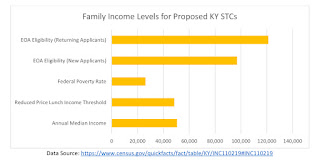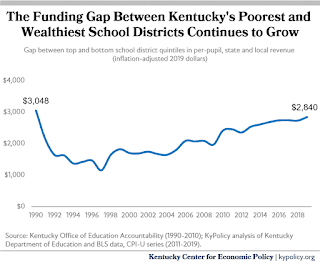Is the U.S. Education System in Need of a Heart Transplant or a Change of Heart?

I always read with great interest Marc Tucker's blogs from the National Center on Education and the Economy . I have heard Marc speak numerous times, I have participated in the Superintendent Academy sponsored by the NCEE and agree with his and NCEE's advocacy for systemic change in the American education system. Tucker's main point in his most recent entry addresses the false promise of charter schools as a "be-all, end-all" education reform effort. Tucker and the NCEE are distinctive among education policy leaders with a strong emphasis on benchmarking the U.S. with the most successful education systems around the world. Here Tucker's argument is right on the money. Charter schools are a band-aid when a heart transplant is needed. His metaphoric language caused me to think of deeper issues that plague our policy environment in education and elsewhere. Many of those that we elect and even appoint to address the challenges of our system do not fundame




